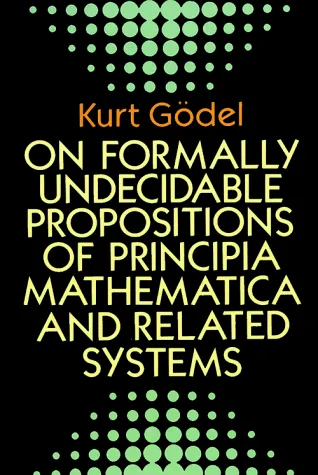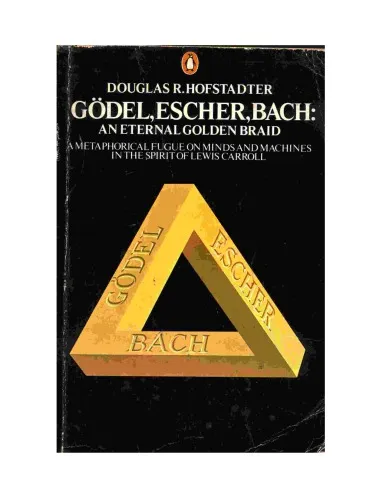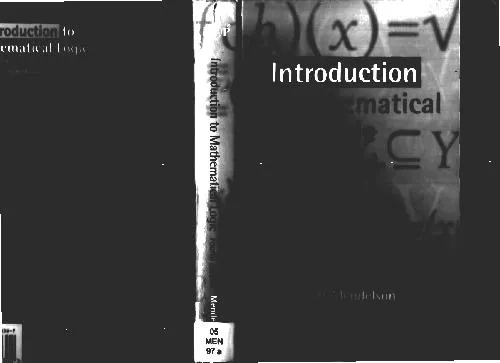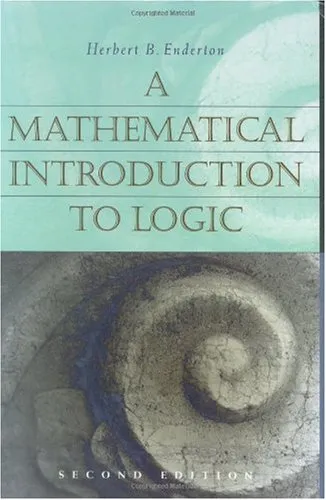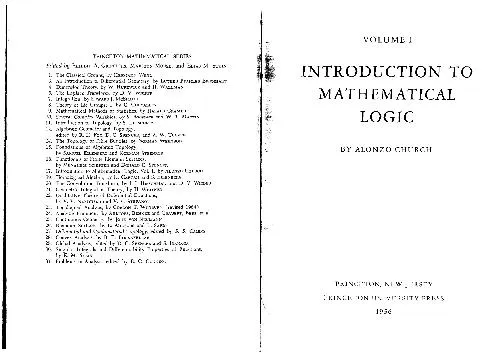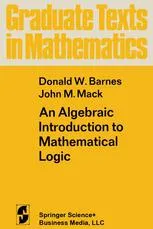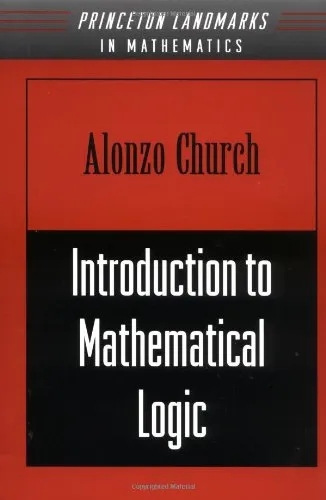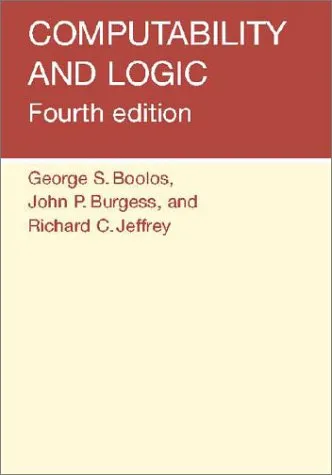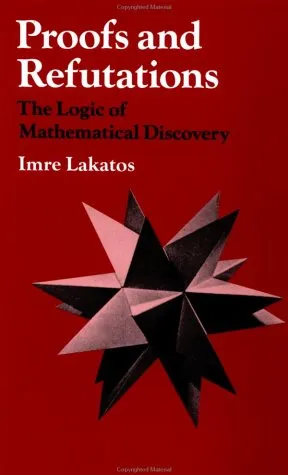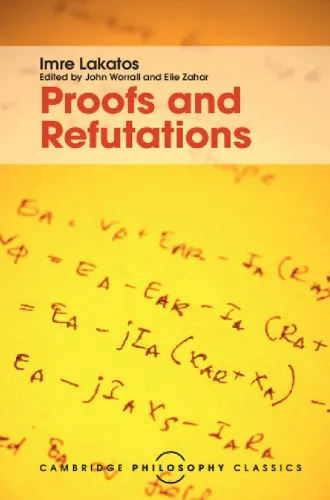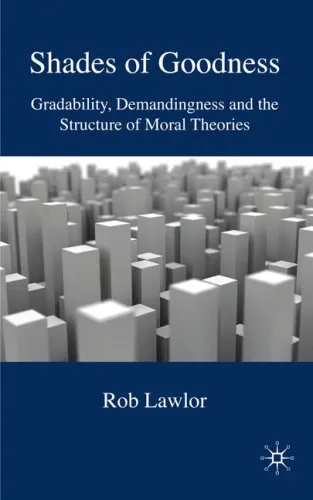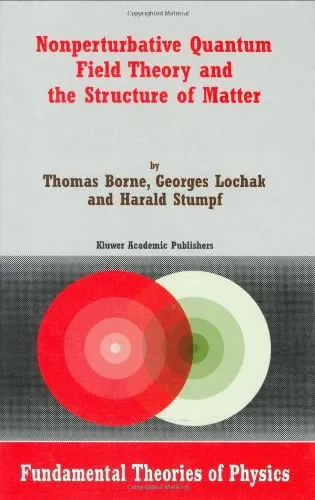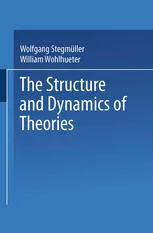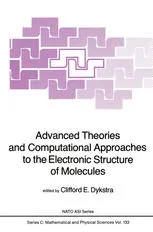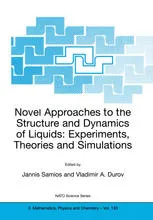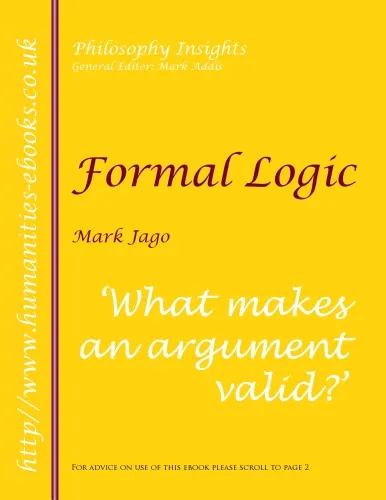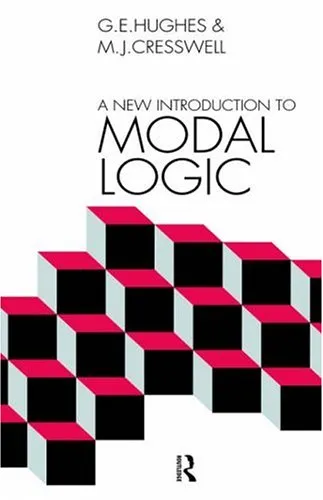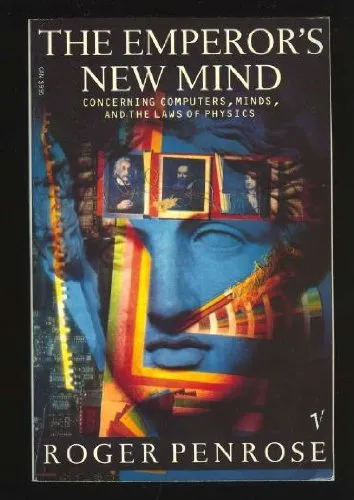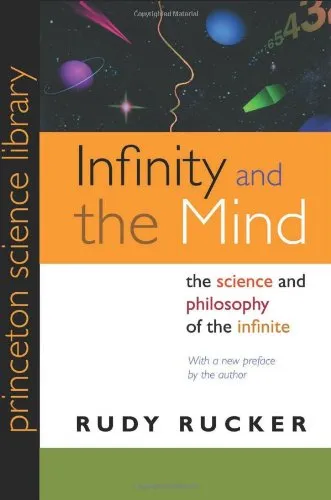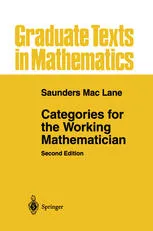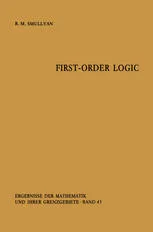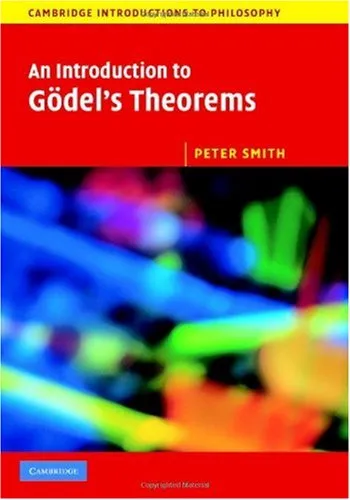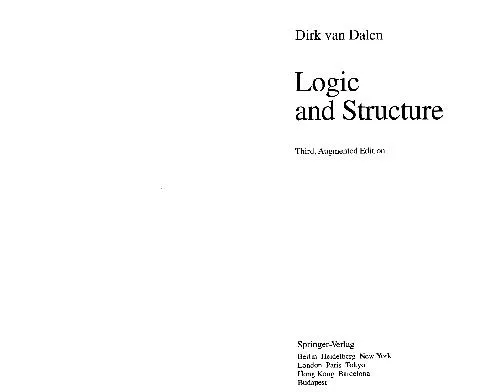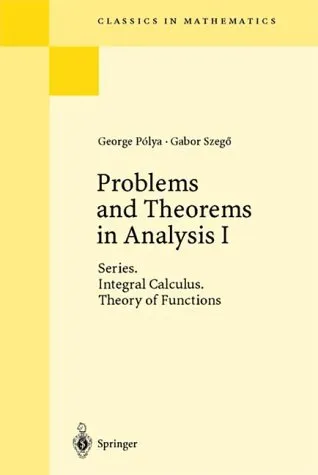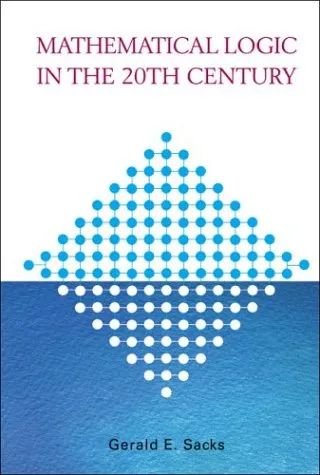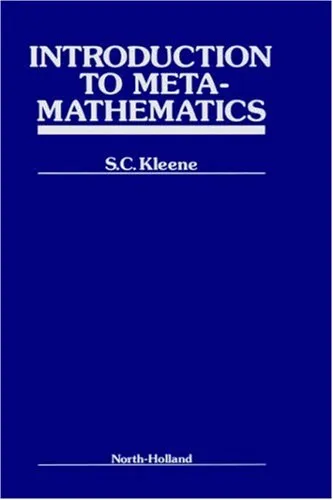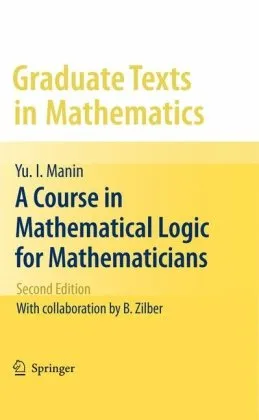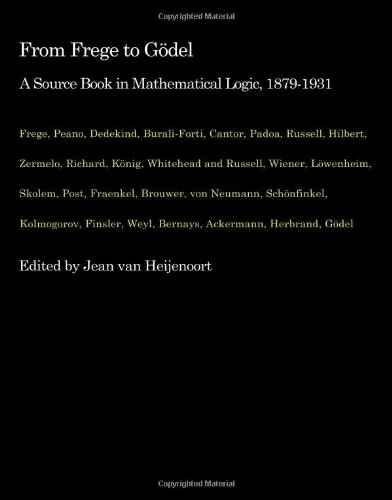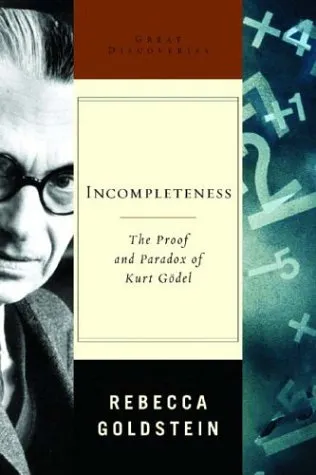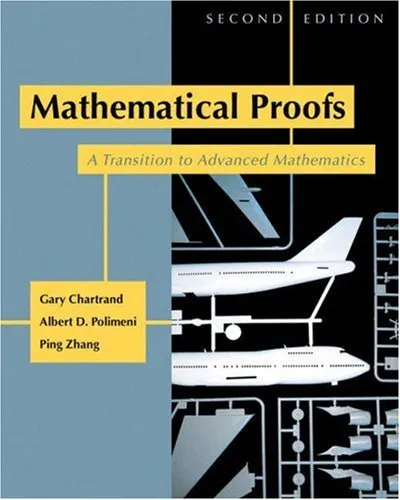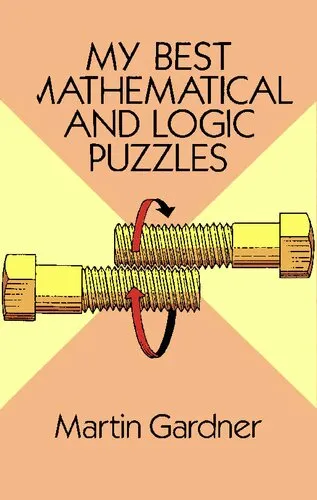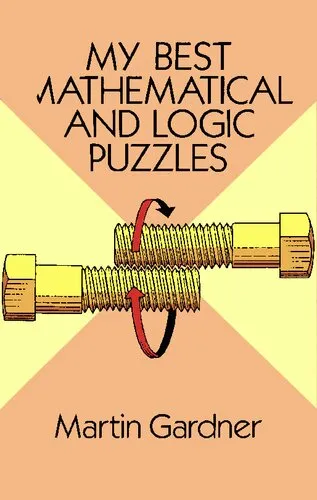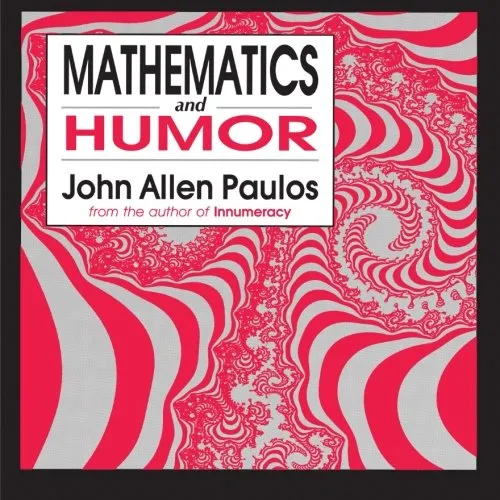On Formally Undecidable Propositions of Principia Mathematica and Related Systems
4.6
Reviews from our users

You Can Ask your questions from this book's AI after Login
Each download or ask from book AI costs 2 points. To earn more free points, please visit the Points Guide Page and complete some valuable actions.Related Refrences:
Introduction to Gödel's Groundbreaking Work
Kurt Gödel's monumental work, "On Formally Undecidable Propositions of Principia Mathematica and Related Systems," stands as one of the pillars of mathematical logic and philosophy. Published in 1931, this book marks a turning point in the field by demonstrating the inherent limitations of formal systems, reshaping the way we understand mathematics and its foundations.
Detailed Summary
In this seminal work, Gödel introduces what is now known as Gödel’s Incompleteness Theorems. The first of these theorems asserts that in any sufficiently powerful formal system, there are propositions that cannot be proven or disproven based on the axioms within that system. Specifically, Gödel showed that for any such system that is consistent (meaning it does not contain contradictions), there exists at least one "undecidable" proposition. This revelation implies that mathematical truth extends beyond formal proof.
The second incompleteness theorem takes this a step further by establishing that a formal system cannot prove its own consistency. Gödel begins his textured argumentative journey through the framework of Principia Mathematica and other related systems, which had initially aimed to use logic to underpin all of mathematics. By ingeniously encoding mathematical statements and using a method later known as "arithmetization," Gödel effectively demonstrates the limits of what can be achieved with formal logic.
Key Takeaways
- Formal systems, no matter how sophisticated, have intrinsic limitations.
- The concept of undecidable propositions underscores the existence of true mathematical statements that cannot be proven within the given system.
- Mathematical truth and provability are not equivalent, challenging previous assumptions of their interchangeability.
- Gödel's work has profound implications not only for mathematics but also for theories of computation, philosophy, and the nature of intelligence.
Famous Quotes from the Book
Gödel's work is filled with profound insights. Some of the notable quotations often cited from the book include:
"Every formal system sufficient for number theory contains undecidable propositions."
"The consistency of a formal system cannot be proven within the system itself."
Why This Book Matters
The significance of Gödel's book cannot be overstated. It punctured the ambitions of formalists who believed that all mathematical truth could be captured by formal systems and axioms. By revealing the intrinsic limitations of such systems, Gödel opened new avenues in mathematics, leading to developments in areas such as algebra, computer science, and even philosophy, particularly existentialism and the philosophy of mind.
Moreover, Gödel’s theorems provided a new perspective on the human mind’s capacity to understand and to transcend formal systems, thus influencing discussions about artificial intelligence and the possibility of machine understanding. The work raises essential questions about the nature of mathematical knowledge and the capabilities (and potential limits) of human reasoning.
In closing, "On Formally Undecidable Propositions of Principia Mathematica and Related Systems" is not just a cornerstone of logic and mathematical literature; it is a quest that calls into question the very foundation of what we consider provable and knowable. Gödel's insights continue to challenge and inspire mathematicians, philosophers, and scientists worldwide, making this book an essential read for anyone interested in the depths of logic and reasoning.
Free Direct Download
You Can Download this book after Login
Accessing books through legal platforms and public libraries not only supports the rights of authors and publishers but also contributes to the sustainability of reading culture. Before downloading, please take a moment to consider these options.
Find this book on other platforms:
WorldCat helps you find books in libraries worldwide.
See ratings, reviews, and discussions on Goodreads.
Find and buy rare or used books on AbeBooks.
1416
بازدید4.6
امتیاز0
نظر98%
رضایتReviews:
4.6
Based on 0 users review
Questions & Answers
Ask questions about this book or help others by answering
No questions yet. Be the first to ask!
